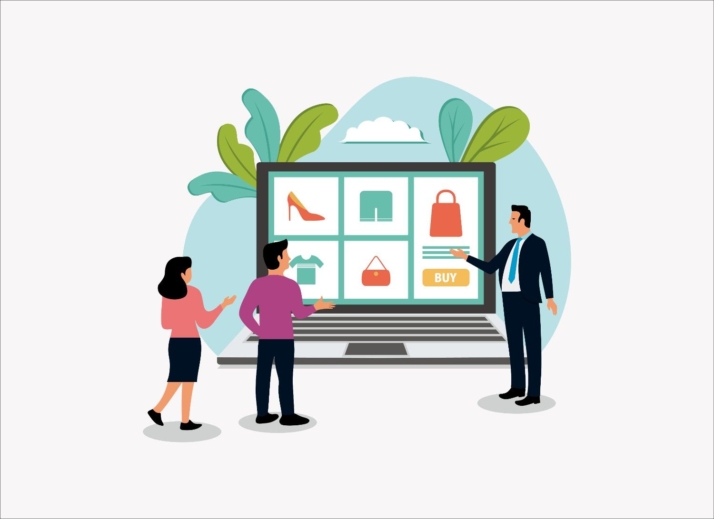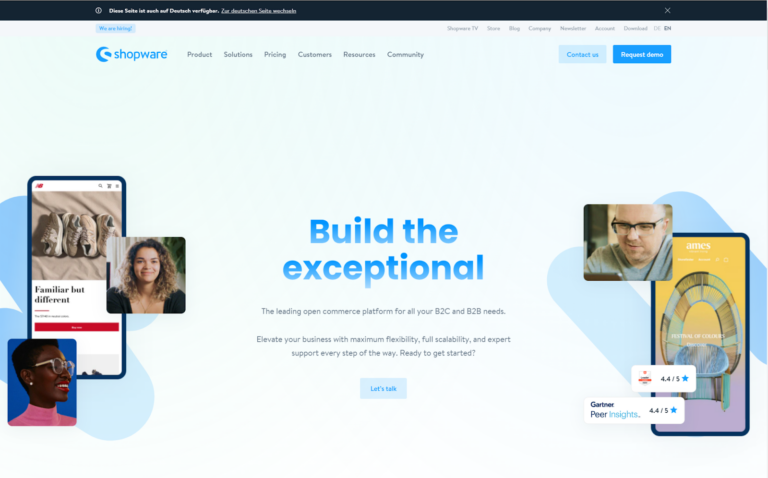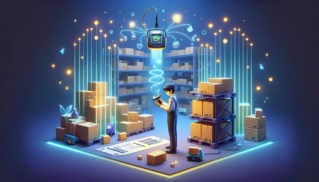Greetings! I'm Aneesh Sreedharan, CEO of 2Hats Logic Solutions. At 2Hats Logic Solutions, we are dedicated to providing technical expertise and resolving your concerns in the world of technology. Our blog page serves as a resource where we share insights and experiences, offering valuable perspectives on your queries.

The e-commerce landscape is changing fast. So is the technology behind successful online stores.
Shopware is a leading open source platform. In 2025, it continues to empower merchants with tools built for flexibility, performance, and growth.

If you are planning to use Shopware for your next project or simply wondering if it still stands strong against the competition, this article highlights the top Shopware features in 2025 that make it one of the best e-commerce platforms today.
1. Shopware AI Copilot for Smarter Store Management
Shopware’s AI Copilot is no longer a future-facing feature it’s a game-changer in 2025.
What it does:
- Suggests product descriptions automatically using AI
- Improves customer communication with AI-generated email content
- Assists with promotional planning and campaign automation
Why it matters:
With rising customer expectations and leaner teams, the Copilot helps store owners save time, reduce manual work, and deliver consistent messaging. The end result is to improve the customer engagement.
Bring these new features to your store? We can help
2. Rule Builder 2.0
One of the most appreciated Shopware features, Rule Builder, received a significant upgrade in 2025.
What’s new:
- Better interface with drag-and-drop logic
- More granular targeting for pricing, shipping, promotions, and customer groups
- Real-time rule testing and preview
How it benefits:
You can create advanced business logic without writing code. Whether you’re offering custom discounts to wholesale buyers or setting up complex shipping rules, the new Rule Builder 2.0 simplifies it all.
3. Enhanced B2B Suite for Scalable Commerce
B2B commerce is no longer a niche. Shopware’s B2B Suite in 2025 is more powerful than ever.
Key features:
- Shared shopping carts and approval workflows
- Custom pricing per customer group or company
- Seamless integration with ERP and CRM systems
Why it adds value:
For businesses targeting wholesale clients or enterprise buyers, Shopware’s native B2B capabilities reduce the need for third-party extensions and streamline business operations.
4. Accessibility-First Design for Inclusive Commerce
In 2025, Shopware has doubled down on web accessibility. It ensures that all users, regardless of ability can navigate and interact with storefronts seamlessly.
What’s new:
- WCAG 2.2 compliance improvements
- Enhanced keyboard navigation and ARIA support
- Better contrast settings and screen reader compatibility in default themes
Why it’s important:
Accessible design is not just a legal requirement in many regions. It’s a smart business move to increase conversion rates. A more inclusive store means a broader customer base and better user experience for all.
Make your store accessible to every customer with Shopware’s latest tools.
5. CMS Extensions: Visual Page Building with Full Flexibility
The Shopping Experiences module has evolved into a robust CMS with extended layout and design capabilities.
New in 2025:
- More flexible grid and content blocks
- Better integration with dynamic content and live previews
- Device-specific customization for mobile and desktop
Why it’s relevant:
Content is still king. These CMS improvements let marketing teams build beautiful, branded pages without relying on developers, saving time and enabling faster campaign launches.
6. Performance & Scalability with Symfony 6 and PHP 8.3
Under the hood, Shopware 6.7+ now supports Symfony 6 and PHP 8.3, which brings:
- Faster load times and optimized queries
- Better caching and API response times
- Improved developer experience and code quality
Why it sets Shopware apart:
As stores your e-commerce store grow, performance becomes crucial. Shopware’s technical stack ensures your store can handle high traffic and complex operations without sacrificing speed or stability.
Conclusion
Whether you’re a D2C brand, B2B supplier, or a growing marketplace, the Shopware features in 2025 are designed to support modern commerce challenges. From AI automation to accessibility, Shopware stands out as a flexible, future-ready eCommerce platform. Our team specializes in custom Shopware development from theme design to B2B features, accessibility enhancements, and complex AI and ERP integrations.
Need Help with Shopware
Get a free 1:1 consultation with our Shopware experts

Related Articles







